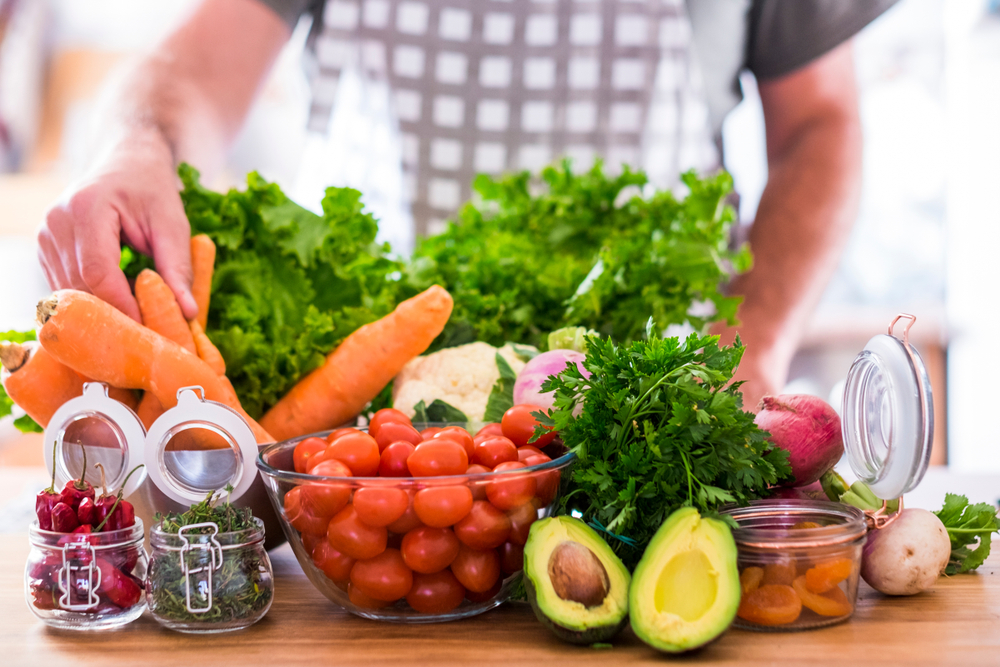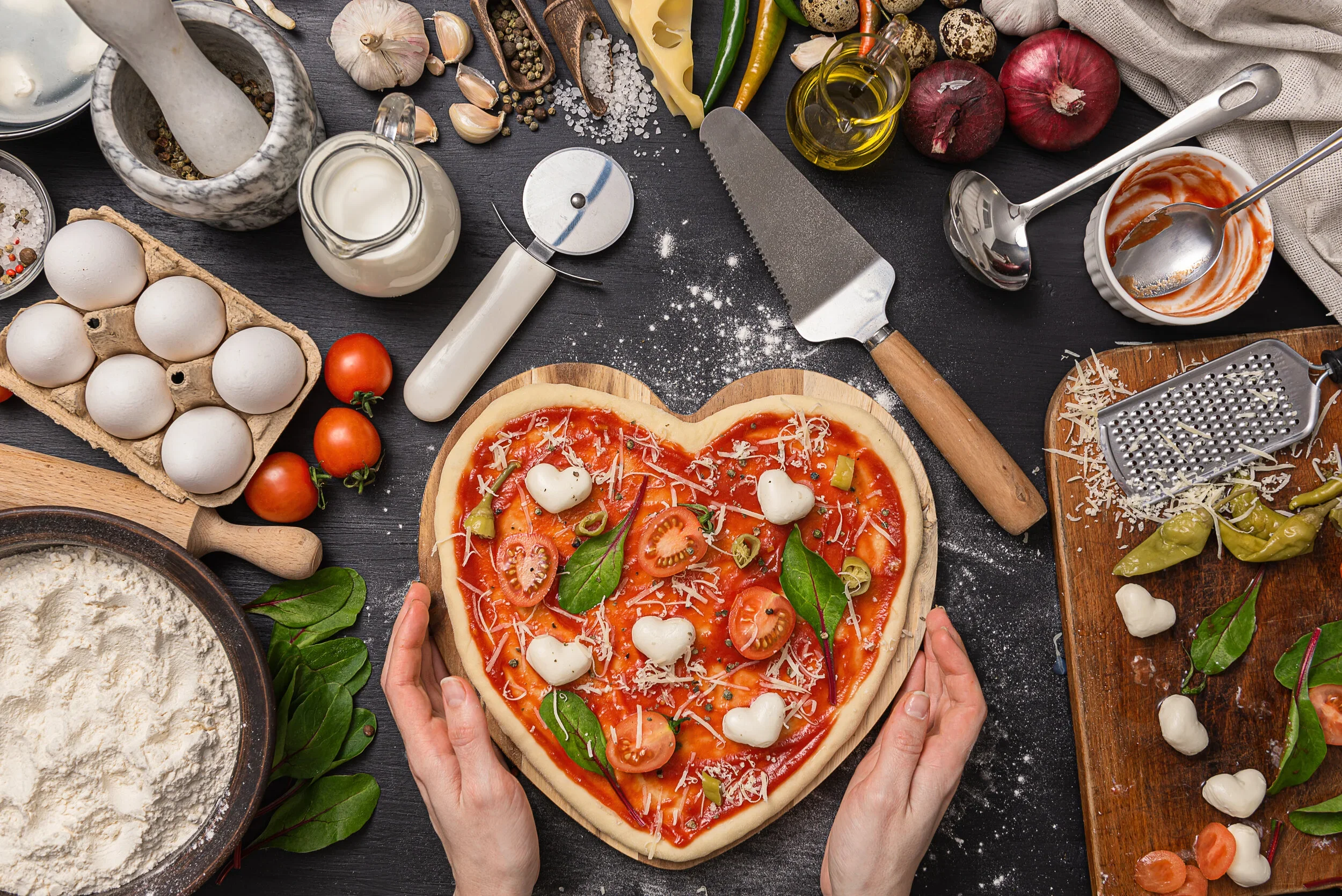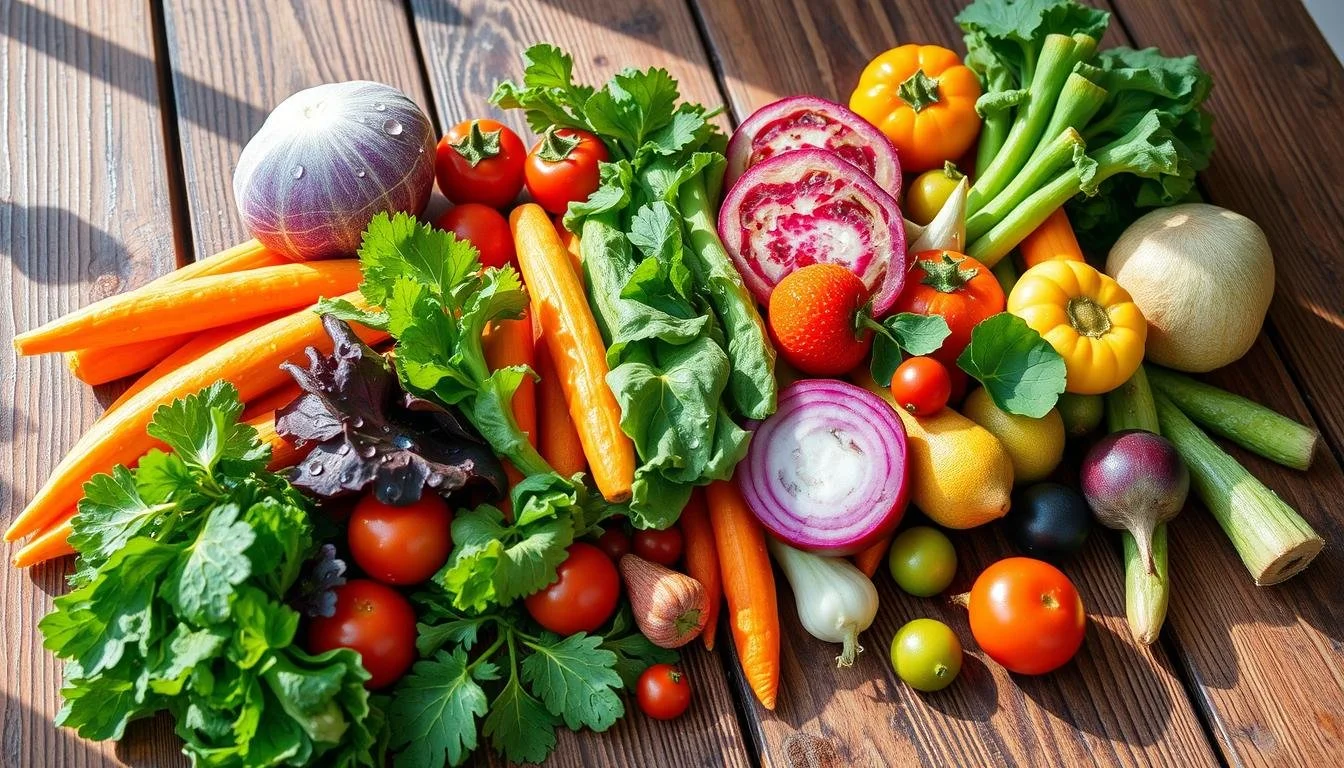Are You Eating Enough Fresh (Raw) Foods?
What “Fresh / Raw” vs “Cooked” Means
Fresh / raw foods = fruits, vegetables, maybe sprouted grains / raw nuts
Cooked foods = foods heated by boiling, steaming, roasting, grilling, frying, etc.
Most of us eat a mix of raw and cooked foods without giving it much thought. But what happens if your diet leans almost entirely on cooked foods? Could that affect your digestion, your nutrient absorption, or even your gut microbiome? Let’s break it down.
Cooked Foods: The Good and the Not-So-Good
Cooking definitely has benefits:
It makes food easier to chew and digest.
It boosts the availability of certain nutrients like lycopene in tomatoes or beta-carotene in carrots.
It helps destroy harmful bacteria and reduces “anti-nutrients” that can block mineral absorption.
But there’s a flip side:
Water-soluble vitamins like vitamin C and some B vitamins are easily lost in boiling water or long cooking times.
Cooking can strip out some minerals too, especially if food is soaked or boiled heavily.
High-heat cooking (frying, charring, over-roasting) can create compounds that aren’t so friendly to your gut or long-term health.
Why Fresh Foods Matter for Your Gut
Raw fruits, veggies, and herbs bring something unique to the table:
Prebiotic fibers and plant compounds (polyphenols, antioxidants) that feed your beneficial gut bacteria.
A wider variety of “food” for your microbiome, which means more diversity — and diversity = resilience in gut health.
Less processing = more natural vitamins and enzymes (your body doesn’t rely on food enzymes much, but they can still support digestion in small ways).
Studies from Harvard and UCSF show that raw foods give gut bacteria more material to ferment, while cooked foods tend to get absorbed earlier in digestion — leaving less for your microbes to work with. Over time, that can shift your microbiome balance.
So, What’s the Best Balance?
No need to go all-raw (that can backfire too), but here are some simple ways to bring fresh foods into your day:
Add a raw element to every meal → think salad, sliced fruit, fresh herbs, or raw nuts.
Use gentle cooking methods → steaming, light sautéing, or roasting preserves more nutrients than boiling or frying.
Mix it up → your body and gut thrive on variety, so aim for both cooked and raw plants daily.
Listen to your digestion → some people may need more cooked foods, but everyone benefits from at least some fresh foods.
Bottom Line
Cooked foods aren’t “bad” — in fact, they can be helpful. But if you rely only on cooked meals, you might be missing out on the microbiome support, vitamins, and fresh vitality that raw foods offer.
For most people, the sweet spot is a mix: enjoy the comfort and digestibility of cooked meals, while making sure fresh fruits, veggies, and herbs show up on your plate every day.
Your gut (and your energy) will thank you.
References:
Carmody RN et al. Cooking shapes the structure and function of the gut microbiome. Nature Microbiology. 2019.
UC San Francisco / Harvard. Cooking food alters the microbiome. ScienceDaily. 2019.
Miglio C et al. Effects of different cooking methods on nutritional and physicochemical characteristics of selected vegetables. J Agric Food Chem. 2008.


